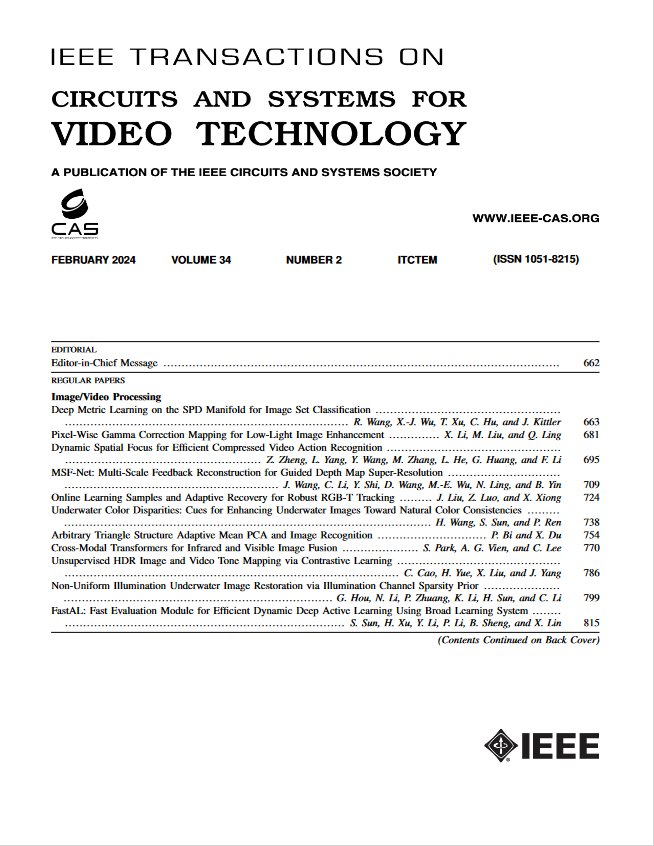PPIDM:云中扩散模型的隐私保护推理
IF 11.1
1区 工程技术
Q1 ENGINEERING, ELECTRICAL & ELECTRONIC
IEEE Transactions on Circuits and Systems for Video Technology
Pub Date : 2025-03-21
DOI:10.1109/TCSVT.2025.3553514
引用次数: 0
摘要
云环境提高了扩散模型的效率,但引入了隐私风险,包括知识产权盗窃和数据泄露。随着人工智能生成的图像被认可为受版权保护的作品,确保其在云环境中的安全和知识产权保护已成为一项紧迫的挑战。本文讨论了云环境下扩散模型推理中的隐私保护,确定了两个关键特征-去噪声-加密对抗和逐步生成性质-这些特征带来了挑战,例如与传统加密不兼容,输入参数表示不完整以及生成过程的不可分性。我们提出了PPIDM (privacy - preserving Inference for Diffusion Models),这是一个框架,通过在客户端保留轻量级的文本编码和图像解码,同时将计算密集型的U-Net层卸载到多个非串通的云服务器,来平衡效率和隐私。客户端聚合减少了计算开销并增强了安全性。实验表明,PPIDM将67%的稳定扩散计算转移到云端,减少了75%的图像泄漏,并保持了与标准输出相当的高输出质量(PSNR = 36.9, FID = 4.56)。PPIDM为基于云的扩散模型推理提供了安全高效的解决方案。本文章由计算机程序翻译,如有差异,请以英文原文为准。
PPIDM: Privacy-Preserving Inference for Diffusion Model in the Cloud
Cloud environments enhance diffusion model efficiency but introduce privacy risks, including intellectual property theft and data breaches. As AI-generated images gain recognition as copyright-protected works, ensuring their security and intellectual property protection in cloud environments has become a pressing challenge. This paper addresses privacy protection in diffusion model inference under cloud environments, identifying two key characteristics—denoising-encryption antagonism and stepwise generative nature—that create challenges such as incompatibility with traditional encryption, incomplete input parameter representation, and inseparability of the generative process. We propose PPIDM (Privacy-Preserving Inference for Diffusion Models), a framework that balances efficiency and privacy by retaining lightweight text encoding and image decoding on the client while offloading computationally intensive U-Net layers to multiple non-colluding cloud servers. Client-side aggregation reduces computational overhead and enhances security. Experiments show PPIDM offloads 67% of Stable Diffusion computations to the cloud, reduces image leakage by 75%, and maintains high output quality (PSNR = 36.9, FID = 4.56), comparable to standard outputs. PPIDM offers a secure and efficient solution for cloud-based diffusion model inference.
求助全文
通过发布文献求助,成功后即可免费获取论文全文。
去求助
来源期刊
CiteScore
13.80
自引率
27.40%
发文量
660
审稿时长
5 months
期刊介绍:
The IEEE Transactions on Circuits and Systems for Video Technology (TCSVT) is dedicated to covering all aspects of video technologies from a circuits and systems perspective. We encourage submissions of general, theoretical, and application-oriented papers related to image and video acquisition, representation, presentation, and display. Additionally, we welcome contributions in areas such as processing, filtering, and transforms; analysis and synthesis; learning and understanding; compression, transmission, communication, and networking; as well as storage, retrieval, indexing, and search. Furthermore, papers focusing on hardware and software design and implementation are highly valued. Join us in advancing the field of video technology through innovative research and insights.

 求助内容:
求助内容: 应助结果提醒方式:
应助结果提醒方式:


